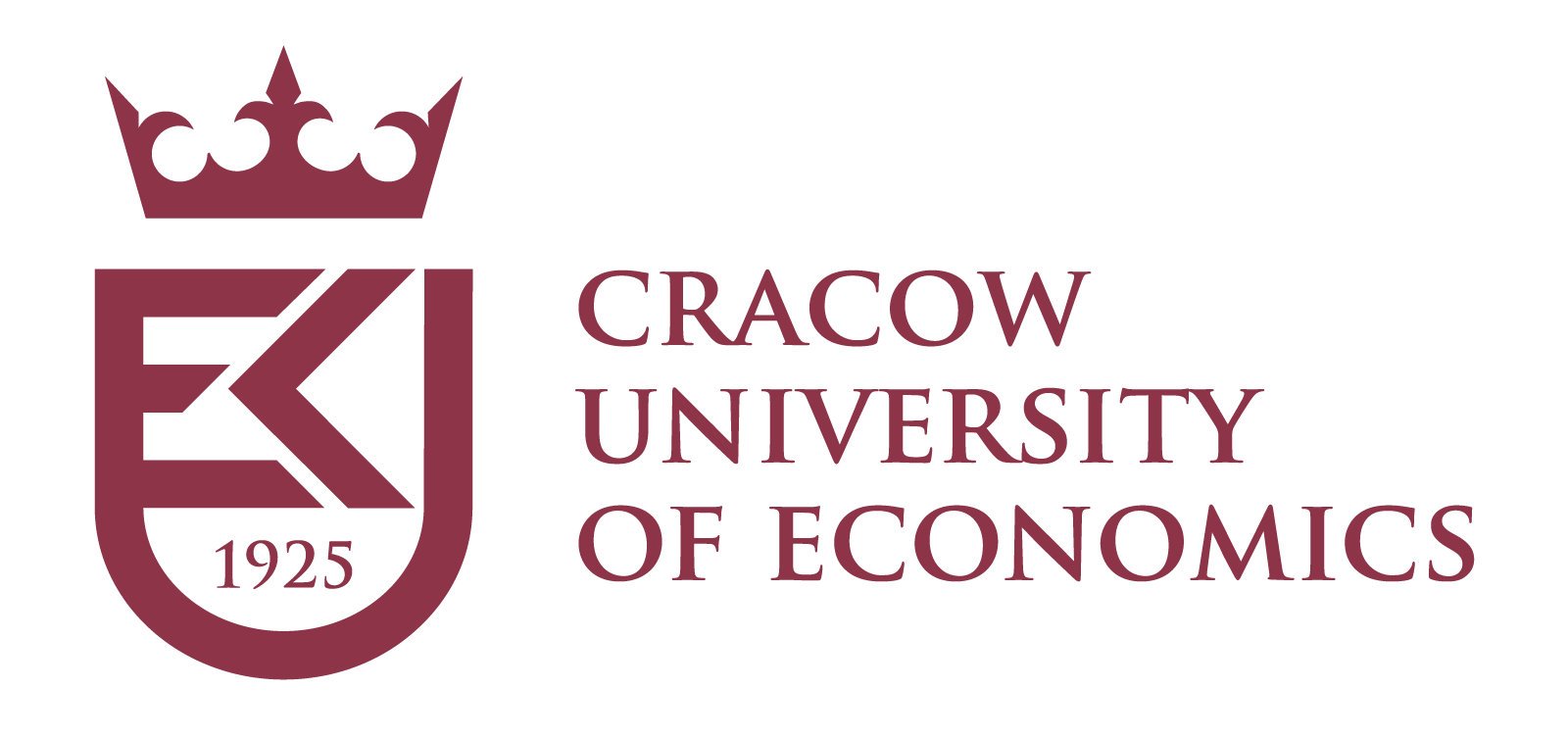Session chairs:
Stephan Leitner – stephan.leitner@aau.at
Friederike Wall – friederike.wall@aau.at
Description:
There is a long and stunning history of economic thought, which, during the last decades, for not to say centuries, has led to the development of a large number of economic theories. However, economic theories have been criticized for somewhat restrictive assumptions in that heterogeneity and diversity of economic agents is reduced to some few types or even excluded from analysis: For example, economic models often do not capture aspects of individual capabilities and gender-specific characteristics, they instead rely on the idea of a representative agent (see Kirman AP (1992) Whom or what does the representative individual represent? Journal of Economic Perspectives 6 (2):117-136): In this vein, all agents of one type are represented by one ‘representative’ individual whose choices are regarded to coincide with the aggregate of the agents of one type. On the one hand, these simplifications can be seen as virtue as they allow for rigorous closed-form solutions of economic models. On the other hand, they might be regarded as a pitfall, as they limit the theories’ capabilities to explain empirical phenomena.
Recent developments — like the rise of new research paradigms, such as social simulation and agent-based computational economics — have opened up entirely new possibilities for research in the academic field of Economics. These allow, for instance, for further enriching economic models with a higher level of heterogeneity and diversity among agents. To do so might not only be of substantial importance for the further development of economic theory but might also help to bridge the gap between research and practice. Moreover, the recent advancement in research paradigms allows studying economic models from an interdisciplinary perspective and — by doing so — contributes to bridging a disciplinary divide and to further include questions of heterogeneity and diversity into economic research.
Topics of interest are (but not limited to):
- Gender in economic models
- Self-organization in economics
- Individual and collective learning
- Diffusion processes in economic models
- Social dynamics in economic models
- Decision-making in complex environments
- Emergence of macro-dynamics from micro-interactions
- Self-organization
The aim of this special track is to facilitate the meeting of people who work in the field of Economics (as well as adjacent areas) and who employ simulation-based approaches. We aim at providing a multidisciplinary forum for the presentation and discussion of recent research findings which challenges economic models by integrating empirically sound assumptions (in particular related to economic agents’ heterogeneity and diversity) and integrating findings from other disciplines. The special track has the ultimate objective to promote the further development of economic theory.


